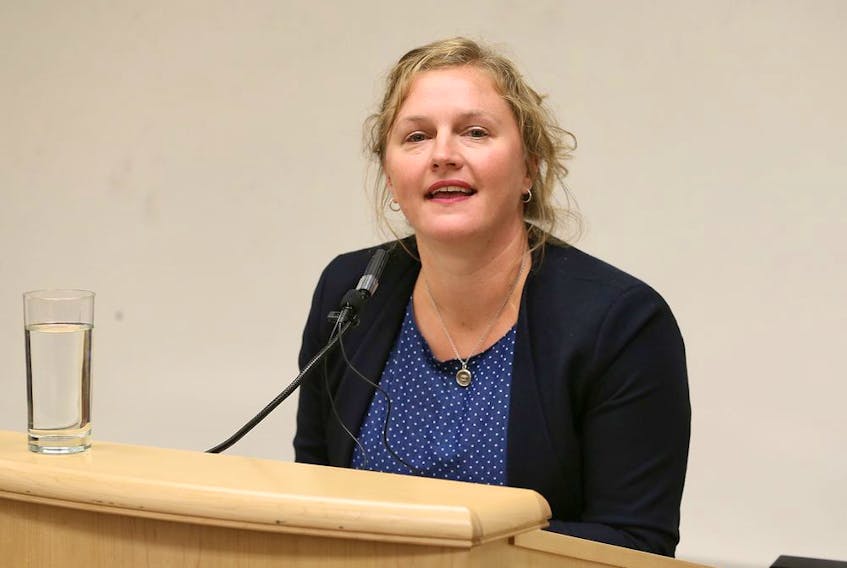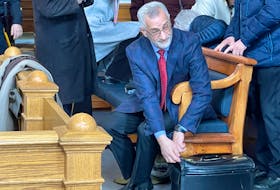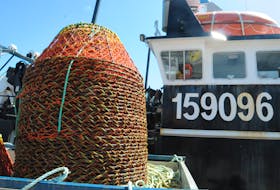A pair of lecturers participating in a University of Windsor symposium on Canada-Saudi Arabia relations urged Canadians to make foreign affairs and human rights an election issue on Thursday.
“We’re not seeing human rights and foreign affairs raised compared to what we saw in the last election,” said Jackie Hansen, Amnesty International Canada’s gender rights campaigner.
“They (leaders and candidates) are out there and we have to go talk to them. If it’s not raised by (voters), they don’t know it’s important to constituents.”
Hansen, who gave a presentation on her work with Saudi activists seeking more reforms, was joined by Peggy Mason, former Canadian Ambassador for Disarmament to the UN and president of the Rideau Institute.
In her presentation, Mason lambasted the federal government for being a top-five donor for humanitarian causes in Yemen while also being a top-five in arm sales to Saudi Arabia.
“It’s not logical to continue to sell the Saudis the light-armoured vehicles (LAV) that are partially causing the humanitarian crisis in Yemen and then send money to help with the problem,” Mason said.
“How many Canadians know how involved we are in Yemen in supporting the war effort?
“Canadians would be shocked.”
The original deal for an unspecified number of LAVs, which are built by General Dynamics at its London-area plant, was worth $15 billion.
Mason added that Canada’s prickly relationship with the Saudis — after the Middle Eastern kingdom took offence to Canada criticizing the arrest of women’s rights activist Samar Badawi — doesn’t help in trying to persuade them from using LAVs in Yemen.
“I’d be surprised if they’re making that type of calculation,” Mason said of whether the Saudis were biding their time in hopes of a government change in Canada before attempting to repair the relationship.
Mason said news of Justin Trudeau’s decision in 2001 to masquerade as Aladdin — complete with brown-facing himself for an Arab-themed party — would be irrelevant to the Saudis.
“From my 11 years in foreign affairs, that would really be seen as an internal Canadian issue,” Mason said.
She insisted it’s more important for Canadian voters and the media to pressure the government to threaten to stop supplying light-armoured vehicles, parts and service to the Saudis in order to get them engaged in peace talks.
“As far as I can determine with Saudi Arabia, its leverage,” Mason said of what impacts Saudi behaviour.
“Those LAVs are very important to the Saudis. They need the parts and servicing.
“If we used that leverage properly, there is a peace process — so we could say we don’t want to suspend these contracts but we may have no choice because the courts may order us to do it. If you want to keep on getting the parts, you have to join the peace process.”
Because of the secrecy of the contract between the two nations, Mason said there’s no way of knowing how many LAVs have already been shipped to the Saudis.
“Certainly it’s in the hundreds,” Mason said.
Copyright Postmedia Network Inc., 2019









